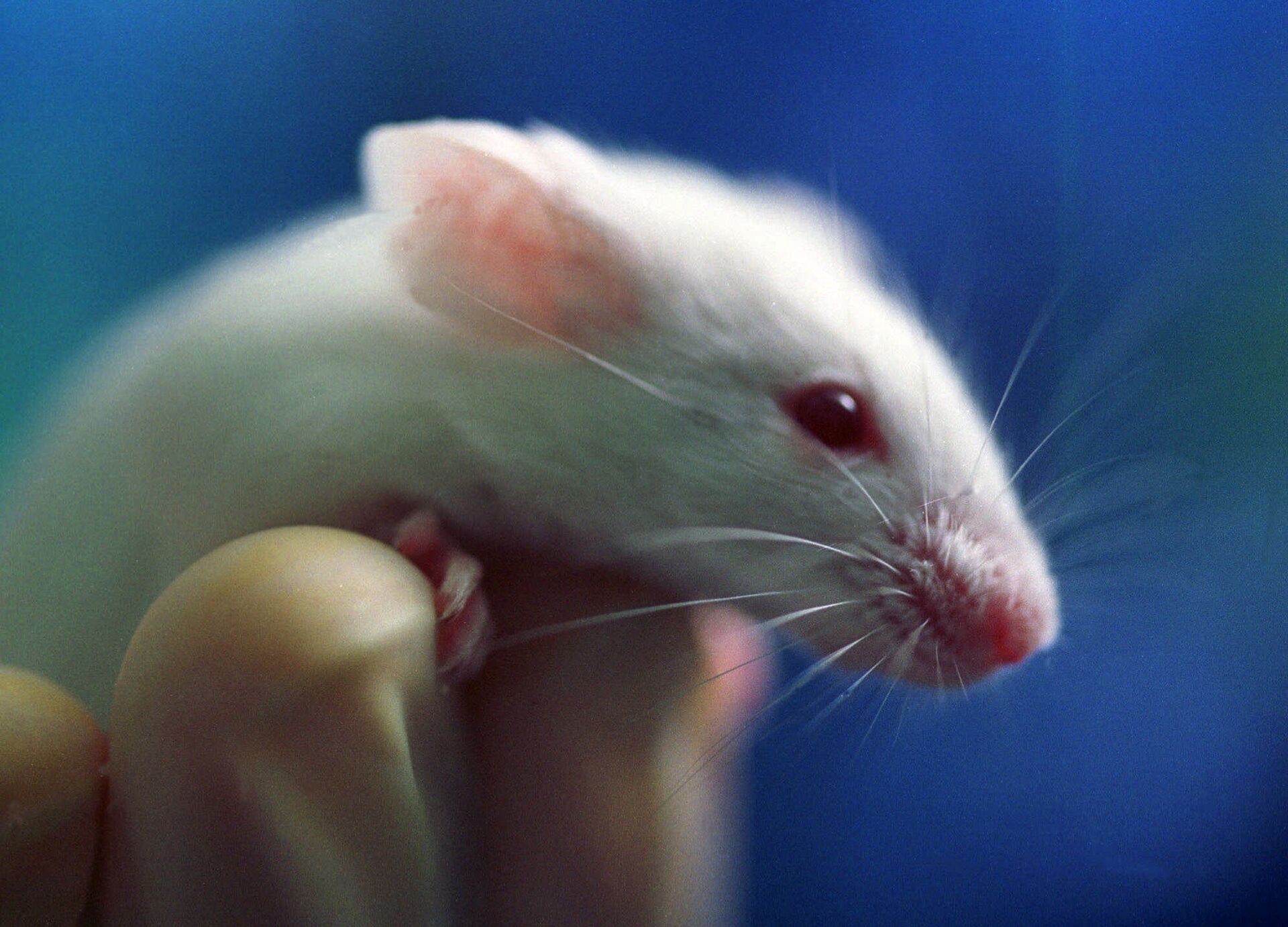https://sputnikglobe.com/20221227/the-lowdown-on-upchucking-vomiting-is-gut-to-brain-defense-reaction-study-reveals-1105823158.html
The Lowdown on Upchucking: Vomiting is 'Gut-to-Brain' Defense Reaction, Study Reveals
The Lowdown on Upchucking: Vomiting is 'Gut-to-Brain' Defense Reaction, Study Reveals
Sputnik International
If you have ever wondered what exactly happens in the brain when we vomit, this new research got the answers.
2022-12-27T14:45+0000
2022-12-27T14:45+0000
2022-12-27T14:45+0000
science & tech
vomit
serotonin
brain
neurons
food poisoning
https://cdn1.img.sputnikglobe.com/img/105710/93/1057109372_0:355:1742:1335_1920x0_80_0_0_21f8bba570e74ae7986306b83719e9a5.jpg
Vomiting, an involuntary, forceful reflex that empties our stomach and boasts an assortment of colloquial synonyms, such as throwing up, hurling, puking, tossing, or upchucking, is the brain's "defense" reaction, a study claims.Whether responding to bacterial toxins or chemotherapeutic drugs, such as those used for cancer patients, the brain initiates its response as part of what scientists at the National Institute of Biological Sciences in Beijing called a "gut-to-brain circuit."Mice were used for the study, the findings of which were published in the peer-reviewed scientific journal Cell. While the small rodents do not vomit, due to the physical characteristics of their esophagus, they do retch.As part of the research, mice were given a sample of the bacterial toxin Staphylococcal Enterotoxin A (SEA), which triggers food poisoning in humans. The team witnessed the rodents make wide mouth-opening movements, along with accompanying distinct contractions of the diaphragm and abdominal muscles.Inside the intestine, the release of the neurotransmitter serotonin was activated by the SEA. This was followed by a chemical process that sent a message along the vagus nerves linking the gut and the brain. However, when these Tac1+DVC neurons in the brain were deactivated by the researchers, the retching displayed by the animals grew less pronounced."With this study, we can now better understand the molecular and cellular mechanisms of nausea and vomiting," the research stated, adding that this would be conducive to developing better medications.
https://sputnikglobe.com/20220108/video-of-birds-arent-real-conspiracy-theory-creator-vomiting-during-live-interview-goes-viral--1092114358.html
Sputnik International
feedback@sputniknews.com
+74956456601
MIA „Rosiya Segodnya“
2022
News
en_EN
Sputnik International
feedback@sputniknews.com
+74956456601
MIA „Rosiya Segodnya“
Sputnik International
feedback@sputniknews.com
+74956456601
MIA „Rosiya Segodnya“
vomiting, what happens in brain when we vomit, study by national institute of biological sciences in beijing, china, mice were used for the study, defensive responses from the brain to toxins, why do we vomit,
vomiting, what happens in brain when we vomit, study by national institute of biological sciences in beijing, china, mice were used for the study, defensive responses from the brain to toxins, why do we vomit,
The Lowdown on Upchucking: Vomiting is 'Gut-to-Brain' Defense Reaction, Study Reveals
Whether it is triggered by food poisoning, seasickness, severe stress, excessive alcohol consumption, or comes part and parcel of early pregnancy, vomiting is our body's way of jettisoning certain stomach contents.
Vomiting, an involuntary, forceful reflex that empties our stomach and boasts an assortment of colloquial synonyms, such as throwing up, hurling, puking, tossing, or upchucking, is the brain's "defense" reaction,
a study claims.
Whether responding to bacterial toxins or chemotherapeutic drugs, such as those used for cancer patients, the brain initiates its response as part of what scientists at the National Institute of Biological Sciences in Beijing called a "gut-to-brain circuit."
Mice were used for the study, the findings of which were published in the peer-reviewed scientific journal Cell. While the small rodents do not vomit, due to the physical characteristics of their esophagus, they do retch.
"The neural mechanism of retching is similar to that of vomiting. In this experiment, we successfully build a paradigm for studying toxin-induced retching in mice, with which we can look into the defensive responses from the brain to toxins at the molecular and cellular levels," neurobiologist Peng Cao of the National Institute of Biological Sciences told the media.
As part of the research, mice were given a sample of the bacterial toxin Staphylococcal Enterotoxin A (SEA), which triggers food poisoning in humans. The team witnessed the rodents make wide mouth-opening movements, along with accompanying distinct contractions of the diaphragm and abdominal muscles.
Inside the intestine, the release of the neurotransmitter serotonin was activated by the SEA. This was followed by a chemical process that sent a message along the vagus nerves linking the gut and the brain. However, when these Tac1+DVC neurons in the brain were deactivated by the researchers, the retching displayed by the animals grew less pronounced.
"With this study, we can now better understand the molecular and cellular mechanisms of nausea and vomiting," the research stated, adding that this would be conducive to developing better medications.

8 January 2022, 12:51 GMT





